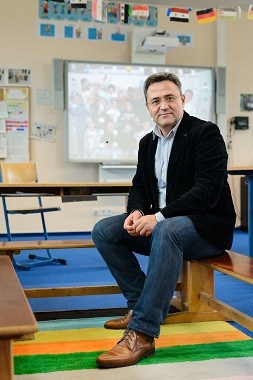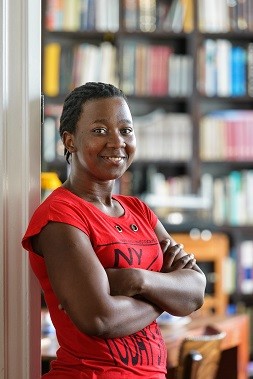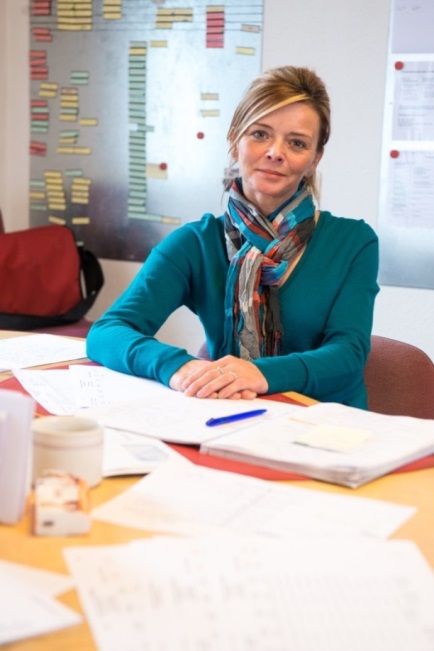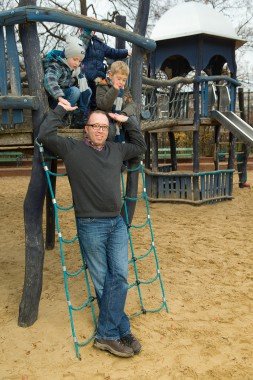Parent Participation: Why This Needs to be a Higher Priority
Berlin, December 2014. Parents play a key role in a child’s educational success. Data shows that the children’s educational achievements are greatest when learning doesn’t just happen at day care or school, but is also supported by the parents. Involving parents in the activities at day care centres and schools is thus more than a friendly gesture. Parents need to have the opportunity for active involvement, and they should be encouraged and supported by day care centres and schools. The implications for the immigration society we live in are three-fold: parents with a migration background must have the same access to all day care centre and school programmes as parents without a migration background. These programmes therefore have to be more closely aligned with the reality of their day-to-day lives and be culturally sensitive – the latter is only currently the case at around one-quarter of facilities. The considerable potential that effective parent participation has is still vastly underestimated. Equal participation for all children can make significant progress if this issue has a more prominent role on the agenda of policymakers and educational experts and is consistently put into practice.
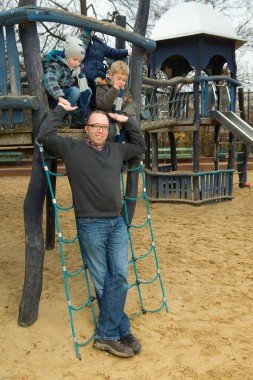
We would like to introduce Imad Zalloum who is active as a parent representative both at his children’s day care centre and.
Imad Zalloum grew up in Jordan and came to Berlin in 1995 to study biotechnology. As he met his current wife, a German woman, during this time, he stayed in Germany and, in 2008, became a German citizen. Today he works as an external researcher for a biotech company. Imad Zalloum has two sons (4 and 6 years old) and is a parent representative both at the day care centre and the school. “I was brought up to take community involvement for granted. My work as a parent representative is a good opportunity to make a contribution.” For him, the two main benefits of getting involved for parents both with and without a migration background are: “Participation at the day care centre or school can give parents more self-confidence and, as a parent representative, you learn more about what is on offer, which can be especially important for parents with a migration background.” The close contact to teachers and other parents is particularly important to him in his work as a parent representative. “I like to think of myself as a bridge builder.” He himself didn’t have a problem securing a spot at the day care centre and he thinks a lot has been accomplished at the day care centre and school where his children go – they have a good handle on cultural diversity. As a representative of his day care centre in the district parent committee, he also knows, however, that the situation is not this easy everywhere. But he doesn’t think it is just the responsibility of the day care centres and schools to get parents involved. “Parents should take more personal initiative, they have to overcome their inhibitions to assert their interests more effectively.” If he had one wish about how to improve existing structures, he would wish that day care centres had enough spots to accommodate all children and ensure that every child can be encouraged in line with his needs at an early stage. He therefore thinks that the introduction of Betreuungsgeld, or childcare allowance, is a step in the wrong direction.
You can find detailed information on parent participation in the publications: Parents as Partners in Education: Successful Participation in Primary Schools Day Care Centres Building Bridges. Interculturally Oriented Parental Education in the Immigration Society Immigrant Organisations and Cooperative Work with Parents: Potential, Structural Conditions, Development Opportunities Obstacle Course to Day Care: Why Parents with a Migration Background are Less Likely to Send Their Children to Day Care Parent-Teacher Collaboration: Taking Stock of the Cooperative Work between Schools and Parents

